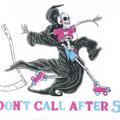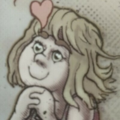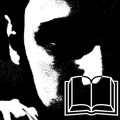[email protected] reviewed Piranesi by Susanna Clarke
Sometimes, you never really find out the answers
4 stars
This was a lovely, interesting, engaging book. It was rammed with Narnia references that you simply wouldn't have noticed if you happened not to be familiar with Narnia, but which were huge fun if you were. Piranesi himself was likeable, and I rooted for him from the start, even as he started to understand that he hadn't always been a person he could like.
But so many world-building questions were left completely unanswered!













